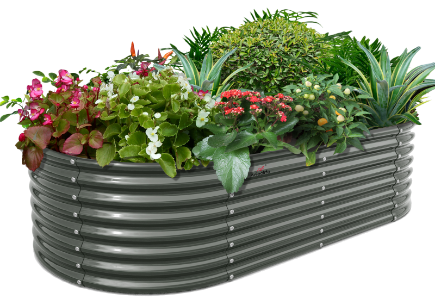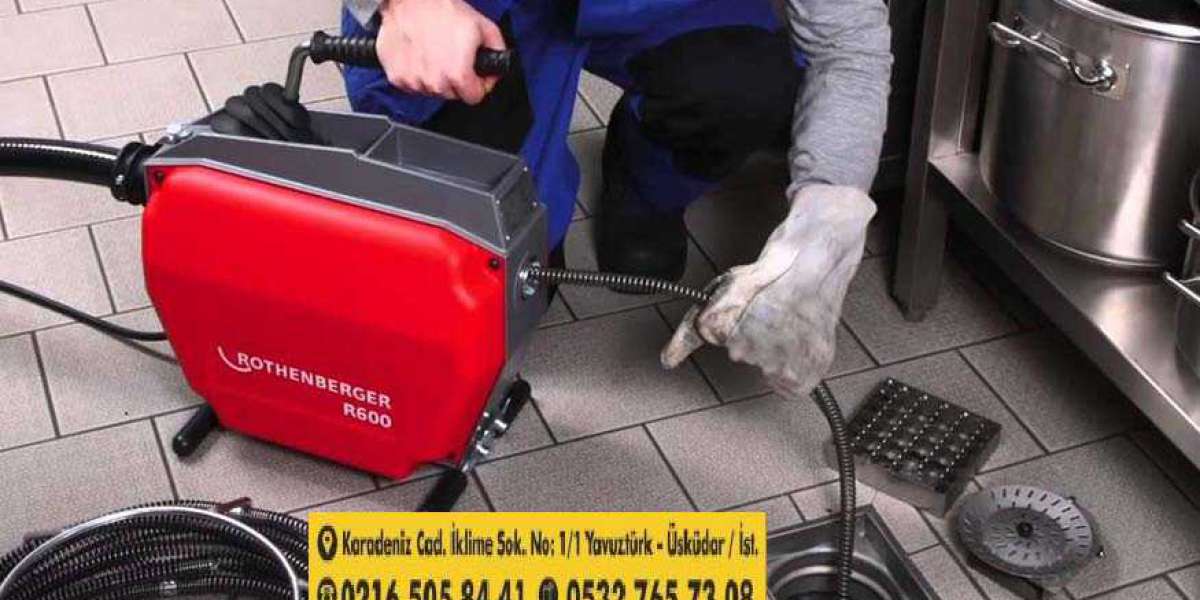Extreme weather events such as hurricanes, floods, and heatwaves can have a significant impact on industrial equipment, leading to operational disruptions, increased maintenance costs, and potential safety hazards. Understanding how extreme weather affects industrial equipment is crucial for businesses to develop strategies to mitigate these impacts and ensure the reliability and longevity of their assets.

Challenges Posed by Extreme Weather
Extreme weather conditions pose various challenges for industrial equipment, including exposure to corrosive elements, mechanical stress, and electrical failures. For example, heavy rainfall and flooding can lead to water damage and corrosion of machinery, while high temperatures can cause overheating and mechanical fatigue. Additionally, strong winds and storms can result in physical damage to equipment, posing safety risks to workers and disrupting production processes.
Adverse Effects on Equipment Performance
The impact of extreme weather on industrial equipment can result in decreased performance and efficiency. For instance, excessive heat can cause thermal expansion and contraction of metal components, leading to misalignments and reduced precision in machinery. Similarly, exposure to moisture and humidity can cause electrical components to short circuit, resulting in equipment malfunctions and downtime. These adverse effects can ultimately lead to decreased productivity and increased operational costs for businesses.
Strategies for Mitigating Weather-Related Risks
Implementing proactive maintenance and protective measures is essential for mitigating the risks associated with extreme weather. This includes regular inspections, equipment upgrades, and the use of protective coatings to prevent corrosion. Additionally, businesses can invest in weather-resistant enclosures and shelters to protect equipment from harsh environmental conditions. Furthermore, incorporating advanced monitoring systems and predictive maintenance technologies can help identify potential weather-related issues before they escalate, enabling timely interventions to prevent equipment failures.
Adapting Equipment Design for Resilience
As the frequency and intensity of extreme weather events continue to rise, there is a growing need to adapt industrial equipment design for resilience. This involves integrating robust materials, protective coatings, and advanced cooling systems to enhance the equipment's ability to withstand extreme temperatures, moisture, and physical stress. Furthermore, the incorporation of smart sensors and IoT-enabled technologies can provide real-time data on equipment performance and environmental conditions, enabling proactive adjustments to optimize operational efficiency and minimize weather-related impacts.
In conclusion, the impact of extreme weather on industrial equipment is a critical consideration for businesses across various sectors. By understanding the challenges posed by extreme weather, implementing proactive mitigation strategies, and adapting equipment design for resilience, businesses can minimize the adverse effects of weather-related risks and ensure the reliability and longevity of their industrial assets.







